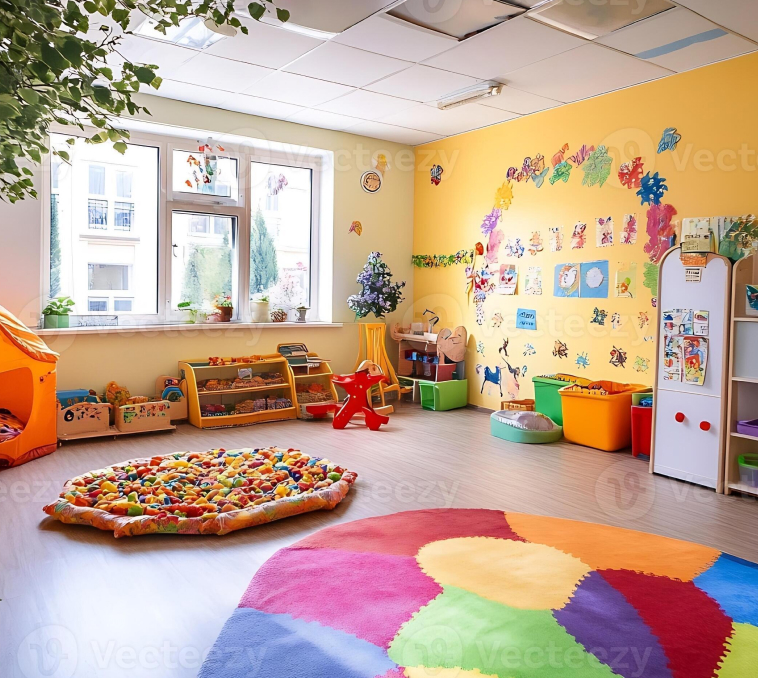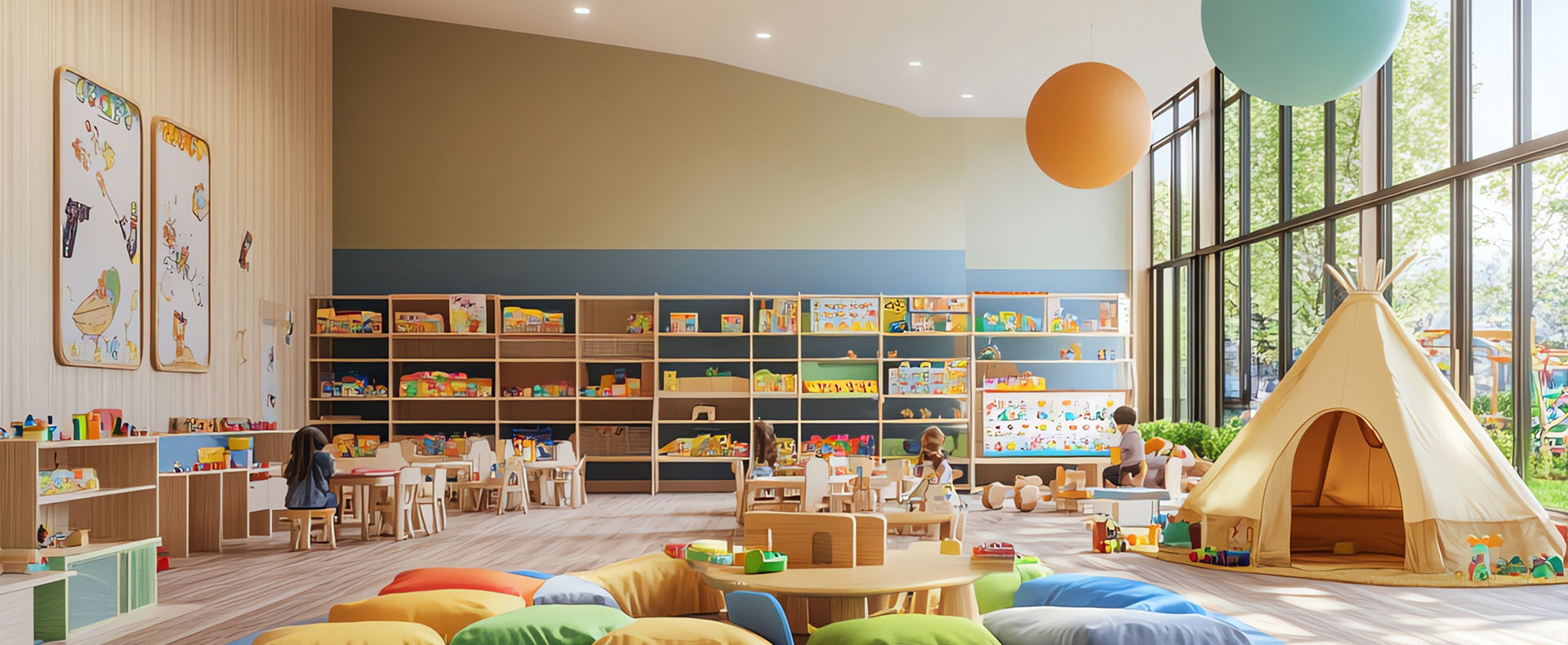
Storytelling plays a profound role in shaping the development of children’s brains. From a young age, children’s minds are highly malleable, constantly absorbing and organising information. When they listen to stories, they engage multiple areas of the brain, enhancing cognitive, social and emotional development.
Stimulating the neural networks
One of the key ways storytelling affects the brain is by stimulating the neural networks responsible for language acquisition. As children hear new words and phrases within the context of a narrative, they are able to grasp meaning more effectively than through rote memorisation. This process strengthens vocabulary, comprehension and communication skills. The more stories children are exposed to, the greater their ability to understand and articulate complex ideas.
Better imagination and critical thinking
Furthermore, storytelling activates areas of the brain associated with imagination and critical thinking. As children visualise the characters, settings and events described in a story, their brains are effectively practicing how to create mental imagery and process abstract concepts. This helps develop creativity, problem-solving abilities and cognitive flexibility.
Nurturing emotional intelligence
Storytelling also nurtures emotional intelligence. By hearing stories about different characters, children learn empathy as they begin to understand different perspectives, emotions and experiences. Over time, this enhances their ability to manage their own feelings and relate to others, which is crucial for forming healthy social connections.
The role of early learning centres in supporting development
Early learning centres play an essential role in fostering these developmental benefits through structured reading and storytelling activities. Storytime is often a daily feature in early childhood education programs, offering a range of age-appropriate narratives that capture children’s imaginations while enhancing their listening skills and focus.
Many early learning centres use interactive storytelling methods, where children are encouraged to participate by predicting outcomes or discussing the motivations of characters. This engagement supports cognitive growth by encouraging critical thinking and decision-making. Moreover, storytelling sessions are often paired with activities like drawing or acting out scenes from the story, which further stimulates creativity and reinforces learning.
Additionally, reading in groups introduces children to social learning environments, helping them develop collaboration skills and emotional understanding. By promoting a love for reading and storytelling, early learning centres help set the foundation for lifelong learning, ensuring that children grow into well-rounded individuals who can think critically, empathise with others and communicate effectively.

















